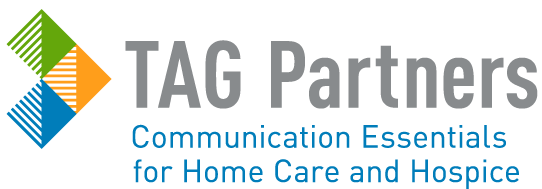Home Health and Hospice agencies care for patients with progressive brain disorders such as cancer, ALS, Parkinson’s disease, Alzheimer’s disease, and Huntington’s disease. Huntington’s disease is a progressive hereditary brain disorder that usually develops between the ages of 30 and 50. The early symptoms can be vague and exhibit as irritability, depression, or difficulty grasping new information. These are often accompanied by physical indicators such as loss of coordination or small involuntary twitches. As the disease progresses these small twitches become more pronounced, making it difficult to walk, stand or even swallow. Huntington’s disease will eventually result in severe mental and physical disability.
The benefits that home health care provides neurological patients with physical disabilities is obvious. What may not be obvious is how home care can reduce the confusion and anxiety that a patient with diminished brain function experiences when leaving their safety zone. Oftentimes even leaving the confines of their bedroom can be overwhelming for them.
When marketing your services always emphasize the emotional benefit that Home Health and Hospice provides patients and their families. No one wants to see someone they love suffer, let alone become agitated to the point of sedation while being transported for treatment. Home Care minimizes episodes of agitation and in some cases can almost eliminate the need for a patient to leave home at all.
With May approaching, and being Huntington’s Disease Awareness Month, here are some ways your agency can get involved:
Partner with your referral sources and sponsor a TEAM HOPE WALK to raise awareness and provide hope for those suffering with Huntington’s Disease.
Organize a SRIKE OUT HD night at your local bowling alley. Encourage other Home Care and Hospice agencies to join you to raise awareness. Be sure to invite the local Media, and don’t forget to post the event on your social media outlets.
Get involved with local brain injury support groups. Provide refreshments and information on your company’s respite services and in-home support for caregivers.
Support Resources: The Michael J. Fox Foundations - Parkinson’s Support | National Brain Tumor Society | Brainline |HDSA
Visit TAGWebstore.com for Home Health. Home Care, and Hospice marketing media.


